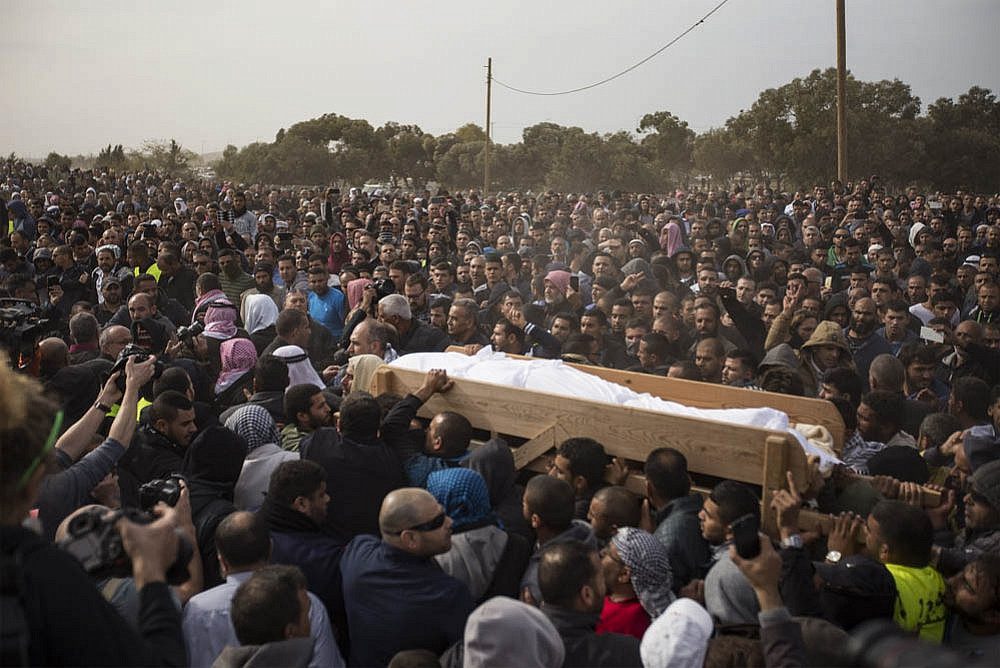The last 24 hours have offered a deep insight into the profound cynicism with which Israeli leaders treat the country’s Palestinian citizens. On Tuesday night, Prime Minister Benjamin Netanyahu finally apologized to the family of Yacoub Abu al-Qi’an, a Bedouin man who was gunned down by Israeli police in January 2017 during a raid on the unrecognized village of Umm al-Hiran in the Naqab/Negev Desert.
Netanyahu’s apology comes after more than three years of police attempts to smear Abu al-Qi’an and his family; a purported investigation into the incident; and incontrovertible evidence that proved beyond a shadow of a doubt that Abu al-Qi’an should still be alive today.
For years, the party line, toed by the police and the political echelon, was that the shooting had been justified. Suddenly, as he faces growing outrage over the handling of the COVID-19 crisis and a criminal trial that threatens his political future, Netanyahu has found use for a murdered Bedouin man who was roundly viewed and condemned as a terrorist.
In 2017, Umm al-Hiran was deep in the throes of a struggle for its survival. For nearly two decades, Israel planned to raze the village and replace it with the Jewish town of Hiran, on the grounds that the Bedouin homes had been built on state land (Israel’s military government had ordered the Abu al-Qi’an tribe to move to that land in the 1950s).
During the raid, carried out in the early morning hours by a special police unit that enforces building and planning laws, Israeli officers fired at and killed Yacoub Abu al-Qi’an, who had just begun driving his car in the vicinity of the demolitions. He subsequently careened into Israeli police officer Erez Levy, killing him.
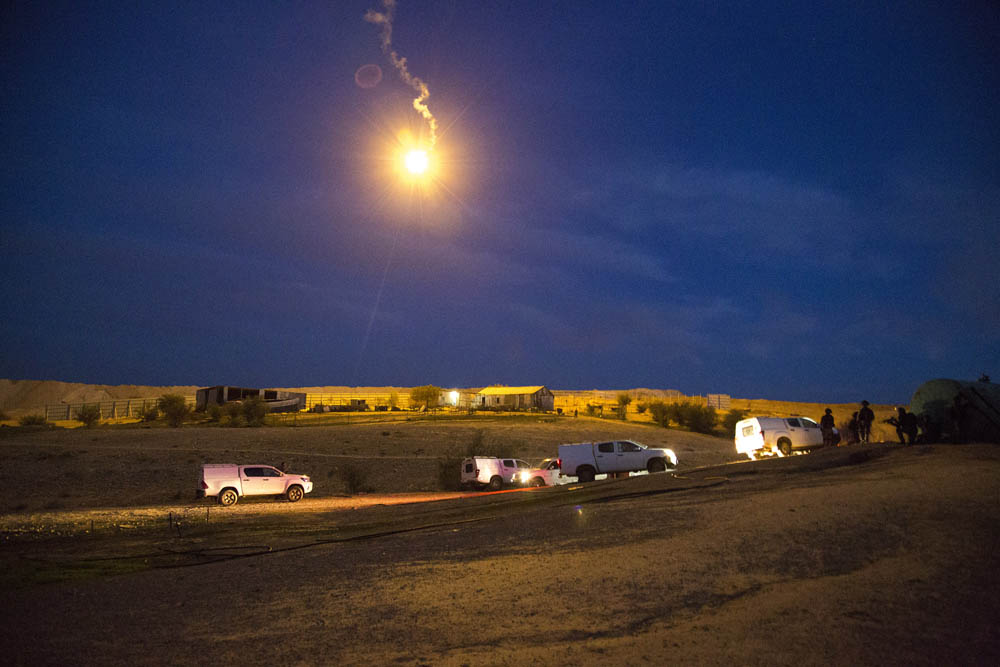
From the moment of the shooting, then-Police Commissioner Roni Alsheikh and former Public Security Minister Gilad Erdan declared Levy’s killing “undoubtedly a terrorist attack.” Mainstream Israeli media bought the lie without question. The Police Internal Investigations Department launched a preliminary probe into the shooting, but Israeli prosecutors closed the case in May 2018, saying there was no basis for criminal proceedings against the officers involved.
At officer Levy’s funeral, Commissioner Alsheikh repeated the baseless claim that Abu al-Qi’an was a violent, radical Islamist. For more than a year and a half after the killing — and despite video evidence and testimony to the contrary — Erdan continued to claim that Abu al-Qi’an was a terrorist. Erdan then demanded the Shin Bet reopen its investigation “to prove” that the incident was a terror attack.
Slowly, evidence countering the police claims began to pile up — including a preliminary investigation by the London-based research center Forensic Architecture, and witness testimonies submitted to the High Court and delivered to the media — effectively disproving the police’s account of the events.
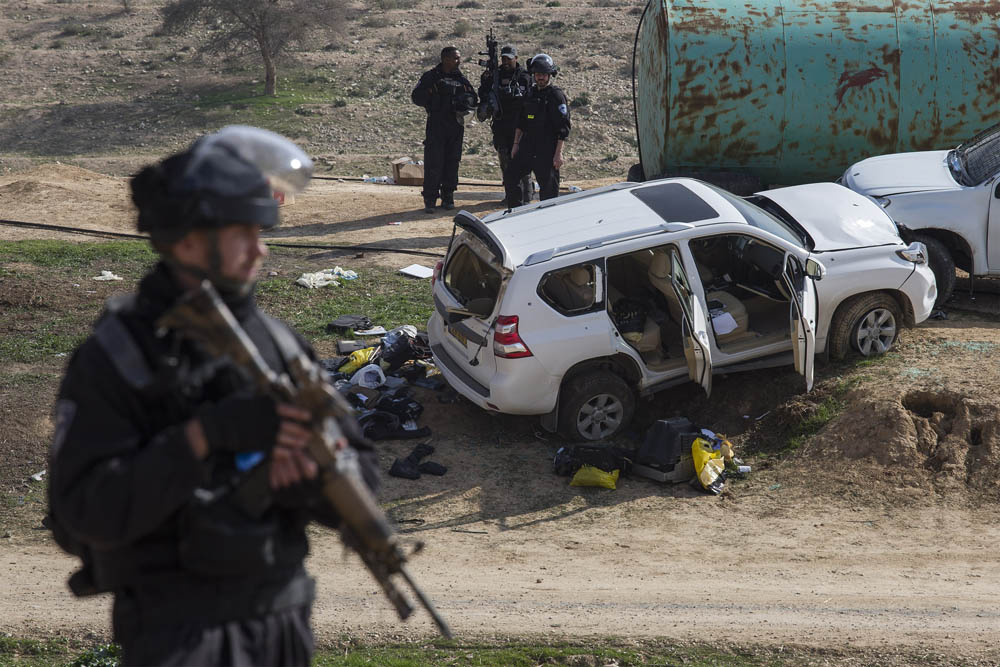
Then, on Monday night, Israel’s most-watched news broadcast on Channel 12 revealed that former state prosecutor Shai Nitzan had acted to prevent an inquiry into the conduct of Commissioner Alsheikh in the case; this was despite the fact that a senior law enforcement official had claimed that Alsheikh leaked investigative materials to the press.
In an email sent in 2018, Nitzan said that highlighting the differences between the police and the State Attorney’s Office will “only do good for those who want to do evil to the law enforcement system.” Nitzan’s decision to put the brakes on the inquiry, it seems, was motivated by the fear that police wrongdoing could harm the image of law enforcement and the criminal justice system while it was investigating Netanyahu for corruption.
We are now two days after this revelation, and the Israeli right is having a field day.
“They said he was a terrorist,” Netanyahu remarked in a televised address Tuesday night. “Yesterday it became clear that he was not a terrorist. Yesterday it became clear that senior prosecutors and the police had turned him into a terrorist to protect themselves.”
Meanwhile, far-right Yamina MK Bezalel Smotrich, who called Bedouin birthrates a “bomb” that must be defused and supports racial segregation in maternity wards, apologized for labeling Abu al-Qi’an a terrorist. Smotrich initially denied he had ever done so, until one Twitter user jogged his memory with screenshots.
Regavim, the settler organization founded by Smotrich to promote home demolitions and expulsions of Palestinians, also issued an apology for a statement it issued after the killing, in which the group called Abu al-Qi’an a “murderous terrorist” who had been incited by left-wing organizations, extremist Islamic elements, and members of the Joint List.
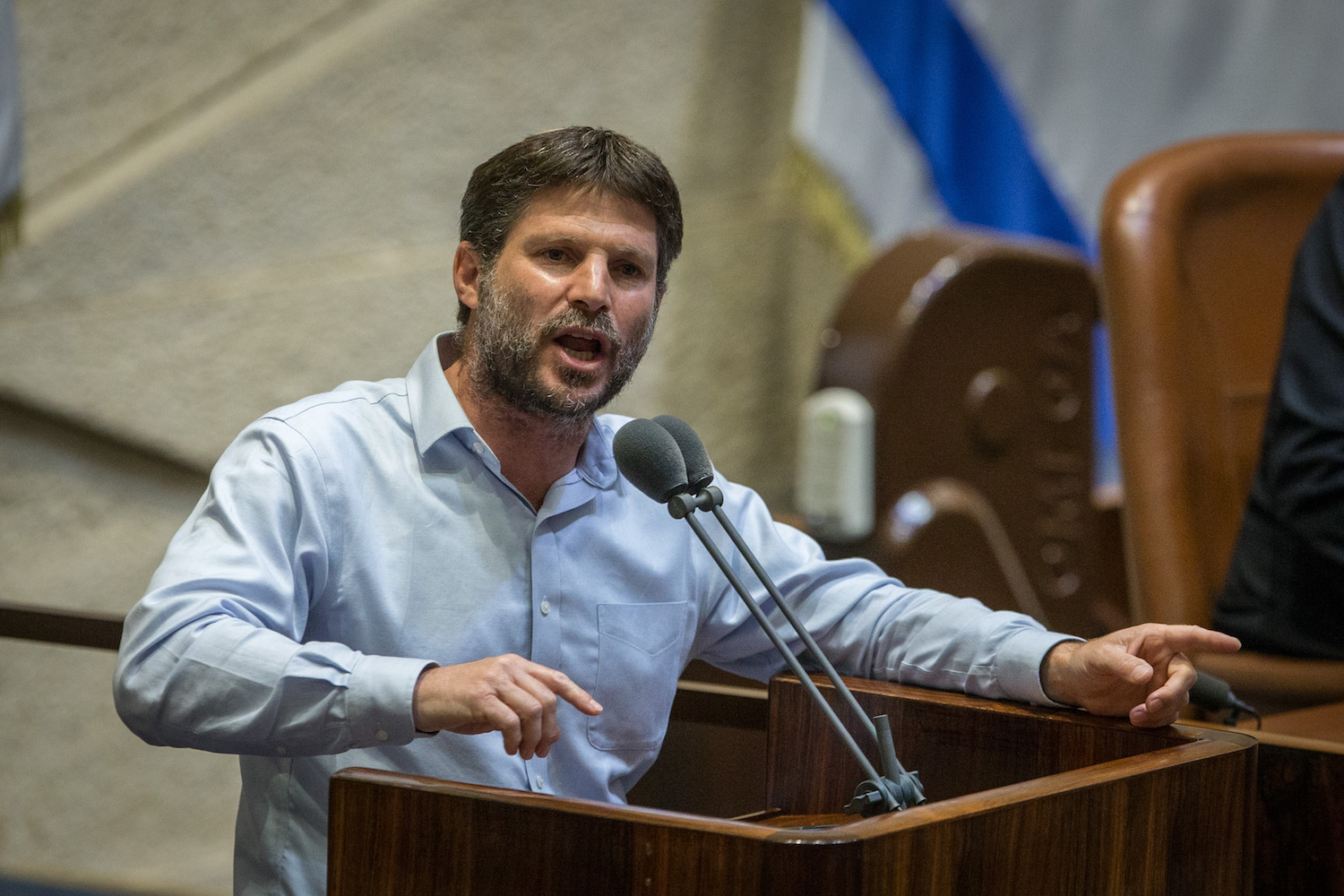
Justice Minister Amir Ohana, who is one of Netanyahu’s staunchest supporters and whose ministry is in charge of the police, demanded a review of the police’s findings. This is the first time a government official has publicly called into question the police accounts of the events that transpired in Umm al-Hiran.
As Oren Ziv wrote on Local Call on Tuesday, Netanyahu is right to apologize to the Abu al-Qi’an family, and every single officer involved in his death must also apologize and be held accountable. But there is no reason we should let the prime minister off so easily. If Netanyahu wasn’t solely interested in using Abu al-Qi’an’s killing to score points against the police and the prosecution, he would go much further than a mere apology.
Netanyahu can start, for example, by apologizing to the 170 families in Umm al-Hiran who were coerced into signing a deal to relocate ahead of the demolition of their village. He can apologize to the Bedouins of the Naqab for his government’s ceaseless attempts to force them into townships so that new Jewish towns can be built in their villlages’ stead. He can then apologize for inciting against Israel’s Palestinian citizens, which has reached a fever pitch over the last five years. And finally, he can apologize to the countless families of Palestinians who were wrongfully killed at the hands of Israeli security forces.
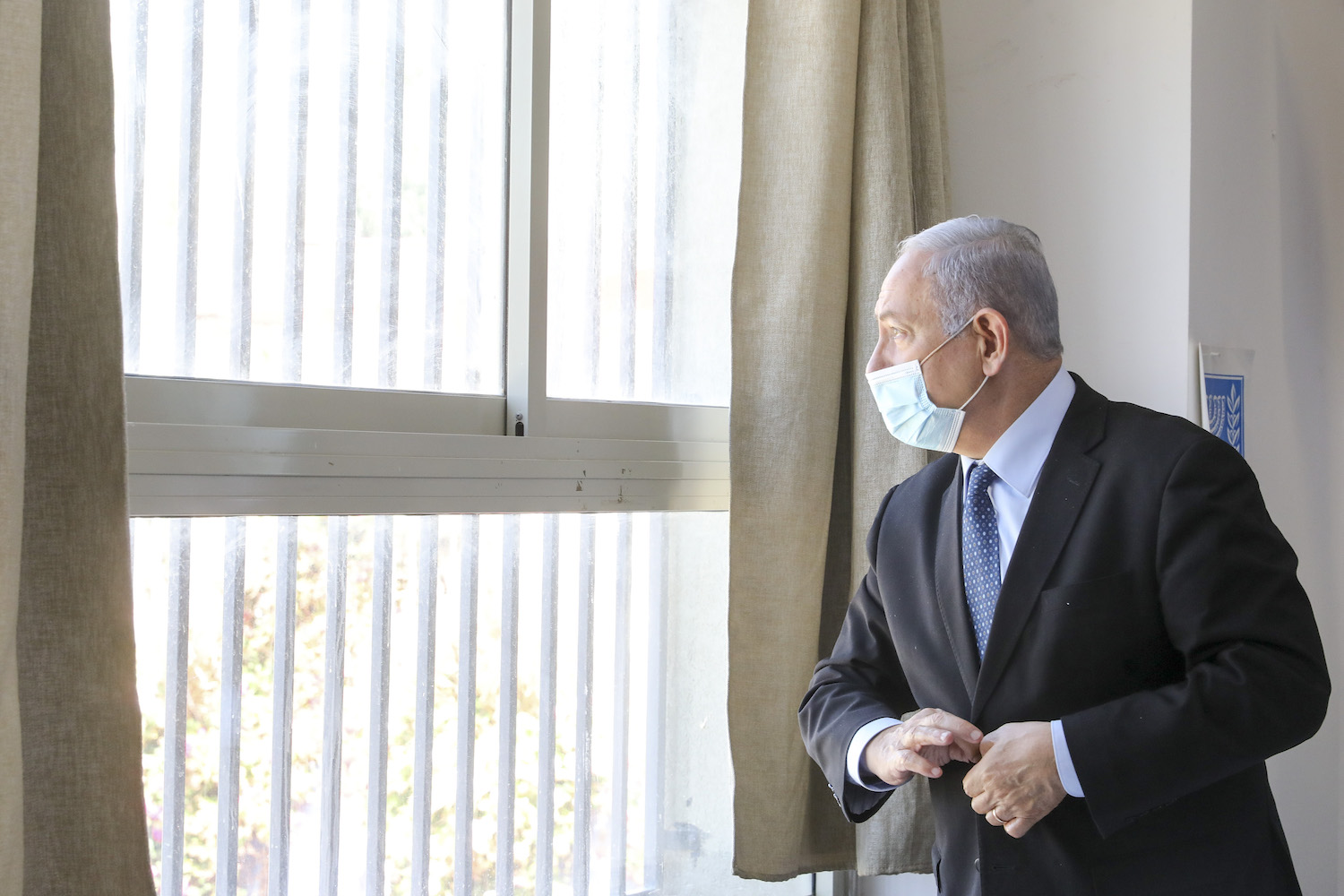
But Netanyahu won’t do any of that. Yacoub Abu al-Qi’an has turned into a precious cudgel for the prime minister — a golden opportunity in which the death of an innocent man, who also happens to be from a community routinely labeled as “terrorists,” transmutes into ammunition in his own personal war.
There is, of course, something fundamentally rotten in Israel’s security forces and their systems of accountability. Palestinians — whether second-class citizens inside Israel or subjects of military dictatorship and siege in the West Bank and Gaza — have always known this. The recent police killing of Iyad al-Hallaq, a Palestinian man with autism from East Jerusalem, is further proof of that.
But Netanyahu’s war against the police and prosecution has nothing to do with justice for victims of police violence. On the contrary: it has everything to do with his struggle to remain on the throne for as long as he can. The same throne built on the blood of those who were cut down by the very authorities that swore to protect them.


